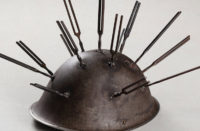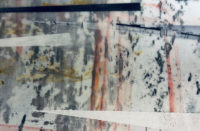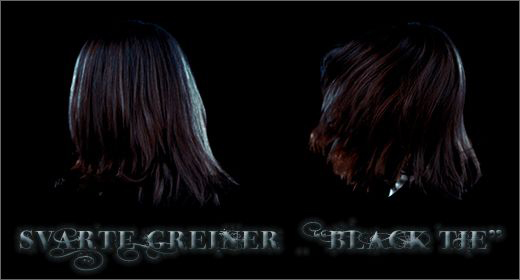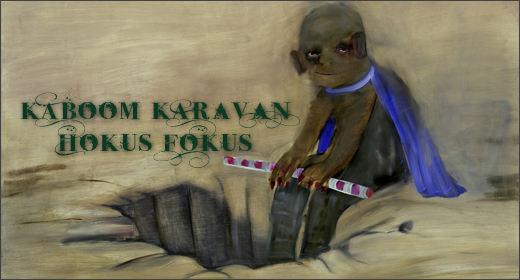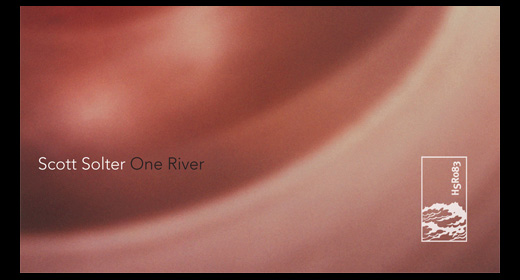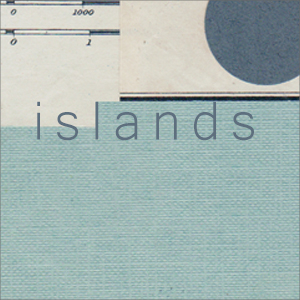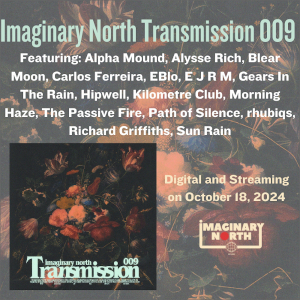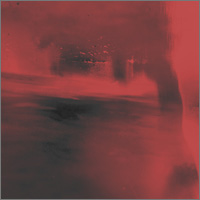 (April 2010) Since upping (drum)sticks from Slowdive in the ’90s, Simon Scott has founded a label (Kesh), been in two other bands (Seavault, Televise), and co-worked with Machinefabriek, Jasper TX, and Rafael Anton Irisarri. No slouch, then, but Navigare is something else again, heralding something of a rebirth as a fully formed musician/composer/producer – a noticeably composed work that has about it the air of the personal-conceptual, while remaining sufficiently semiotically indeterminate to offer itself as a carrier for other readings. Scott brings his shoegaze heritage (is it mere accident that Navigare comes adorned in the same smear s of crimson/vermilion as Loveless?) to an experimental ambient table laden with the recipes of Christian Fennesz and Tim Hecker.
(April 2010) Since upping (drum)sticks from Slowdive in the ’90s, Simon Scott has founded a label (Kesh), been in two other bands (Seavault, Televise), and co-worked with Machinefabriek, Jasper TX, and Rafael Anton Irisarri. No slouch, then, but Navigare is something else again, heralding something of a rebirth as a fully formed musician/composer/producer – a noticeably composed work that has about it the air of the personal-conceptual, while remaining sufficiently semiotically indeterminate to offer itself as a carrier for other readings. Scott brings his shoegaze heritage (is it mere accident that Navigare comes adorned in the same smear s of crimson/vermilion as Loveless?) to an experimental ambient table laden with the recipes of Christian Fennesz and Tim Hecker.
Navigare is both in and out of line with Miasmah’s in-house tenebrous post-classical sound, as seen through the mists of albums like Black Sleep and Kappe. Scott is certainly a fellow-traveller in haunted and shadowy atmosphere, but distinct both in the modulation of these elements, and the incorporation of other signifiers from the more out there end of “dream pop.” Scott deploys various instruments, mainly guitar (apparently, Scott sees this as a “guitar album” in the Kevin Shields/Christian Fennesz tradition), but provenance matters little since mostly sounds are so ravaged by deliberate digital depredations as to efface their Ur-identity; if an identifiable voice does emerge from the swells and billows below, its sensory incision is all the more effective.
Scott’s predilection for a soupy wooze of field recordings, degraded loops, and manufactured hiss is perhaps the modern-day hangover/development of the shoegaze legacy of guitar-wrung wooze. This latter appears as the album’s keynote, as “Introduction of Cambridge” opens, coming in shuddering swoon-ripples; spectral melodies and choral undertones seem to spin out from a teeming mass of tonefloat, before a guitar-bass-drums presence lends further motion to the iridescent drone. “Under Crumbling Skies” slides out similarly succulent guitar tendrils, that twirl centre-field till a beauteous lower-throated serpentine figure unwinds itself across its contours: it’s post-rock, Jim, but not as we know it! (more for the drone-addicted and rock-intolerant). “Flood Inn” is suggestively poised, on the cusp of a gradual slow fall inward: a steel-wool tangle-of-sound buffeted by digi-tides, engulfed in Voigt-ian plumes and crepitating spume, and likewise on the abyssal “Ashma,” whose static-blasted surfaces flirt with but stay shy of the void, and on “Repulse,” which sounds emitted from the bottom of a well. “The ACC” makes gestures towards Slowdive or Televise, but its ‘rock’ drum-thrum and stoner guitar-strum are mere spectres, drowned in an undertow attended by a pall of distant horn-blare and remote vox-spectre. More Miasmah-like is “The Old Jug and Drum,” a sombre near-dirge with drawn out GYBE!-esque guitar figures and a riot of shaken things distending into reverb-spooked screech and eerie bone-rattle. The tension is resolved somewhat as the end approaches. The wholly gorgeous shimmering cadence of “Spring Stars” is almost transcendent – positively breezy, for all its elegiacs, after the preceding mood of doldrums, with welcome infusions from Rafael Anton Irisarri. The mood and connection is compounded as the album ends in something close to ascent with “The Night And The Artificial Light,” aligning itself with the beatless end of Irisarri’s The Sight Below, to which Scott has contributed his own guitar strokes (see It All Falls Apart review).
In sum, Navigare is Latin for ‘set sail,’ and this does make for a powerful polyvalent metaphor. For Scott, it serves to signal a genuine launching out – into deeper waters and more extensive musical voyages, as well as, perhaps, personal renewal. For others, it will likely gesture towards other kinds of inner voyage, with its tortuous vortices seeking to suck down melodic bodies, reverb-algorithms gaping to dissolve evanescent structures, tracts of smudged steel and bent keys resisting collapse, their fabric rent by programmed decay. But it resists metastasis through the whole body, as the miasmah (ha!) of detritus and FX-run-off never quite overcomes an enduring harmonic force. Throughout, the most notable aspect of Scott’s growth is a developed sense of sound design, evidenced by each piece’s layering – both vertical and horizontal, with differently emplaced and articulated sound acts. And while Miasmah has tended to wallow sulkily in an artfully designed doomed neo-gothicism, Navigare rejoices in a certain upward-questing luminous grace.
Navigare is out now on Miasmah. [Listen & Purchase]







